Going through a divorce can stir up feelings of guilt and shame. These emotions are natural, but knowing how to handle them is key to healing.
Accepting your feelings and understanding that it’s okay to feel this way is the first step.
It’s important to separate yourself from your actions. Guilt and shame often come from blaming yourself. Remember, everyone makes mistakes and has regrets.
Talking to a trusted friend, counselor, or joining a support group can also help you process your feelings.
Focusing on self-care and self-compassion will make a big difference. Treat yourself with kindness, just as you would treat a friend who is going through a tough time.
Taking care of your physical and mental health can help you move forward and eventually find peace.
Understanding Guilt and Shame in the Context of Divorce
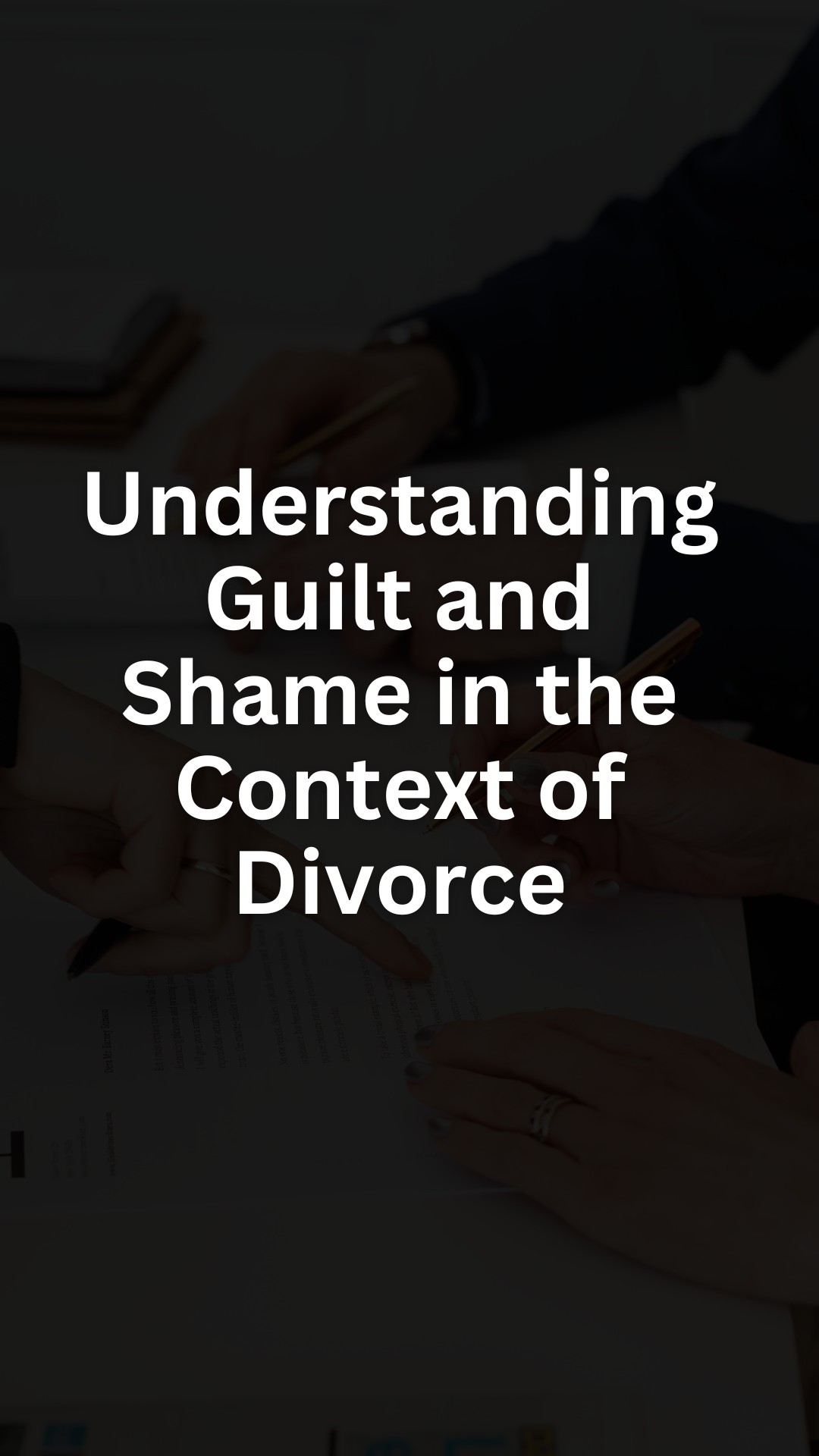
Guilt and shame are feelings that many people experience during a divorce. It’s normal to feel these emotions, but understanding them can help you manage them better.
Guilt is feeling bad about something you did or didn’t do. For example, you might feel guilty about not trying harder to save the marriage or about hurting your ex-partner.
Shame, on the other hand, is feeling bad about who you are. You might feel ashamed because you think the divorce means you failed as a spouse or parent.
Differences Between Guilt and Shame
| Guilt | Shame |
|---|---|
| Focus: on actions | Focus: on self |
| Feel: regretful | Feel: worthless |
| Example: “I hurt my partner” | Example: “I am not good enough” |
Common Triggers
- Arguments and Conflicts: Regular fights can lead to feelings of guilt and shame.
- Children’s Reactions: Seeing kids upset might amplify these emotions.
- Judgment from Others: Comments or looks from family and friends can be difficult to handle.
Impacts on Daily Life
Dealing with guilt and shame can affect your daily life.
You might find it hard to focus at work or feel distant from friends and family.
It can also influence your self-esteem and decision-making.
Managing these emotions is crucial for moving forward. Seek support if needed and remember that feeling guilty or ashamed doesn’t define you.
Recognizing the Sources of Guilt and Shame
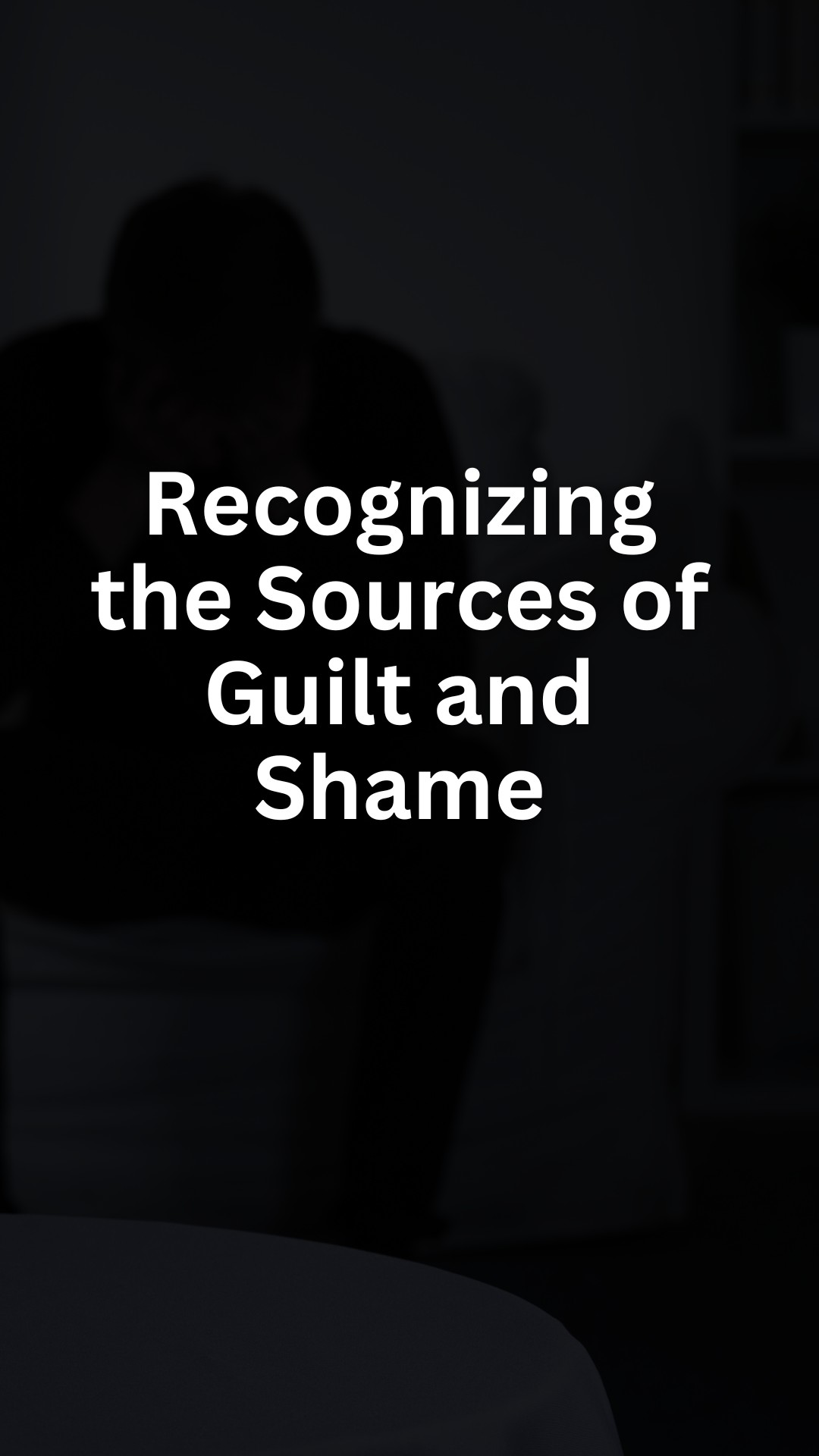
Guilt and shame during a divorce can come from many places. It’s important to know where these feelings start.
Self-Blame
You may blame yourself for the marriage ending. Thinking about what you did wrong can weigh you down. This is common but can be harmful.
Judgment from Others
Friends, family, and even strangers may judge you. Their opinions can make you feel worse. Remember, their views are not always fair.
Cultural Expectations
Some cultures have strict views on marriage. Failing to meet these expectations can lead to feelings of guilt and shame.
Impact on Children
Worrying about how divorce affects your children is normal. Guilt can come from feeling that you are disrupting their lives.
Promises and Vows
Breaking marriage vows can make you feel ashamed. You may feel like you have failed in keeping a promise.
Financial Struggles
Divorce can bring financial issues. Struggling with money can add to feelings of guilt, especially if children are involved.
Social and Cultural Perceptions of Divorce
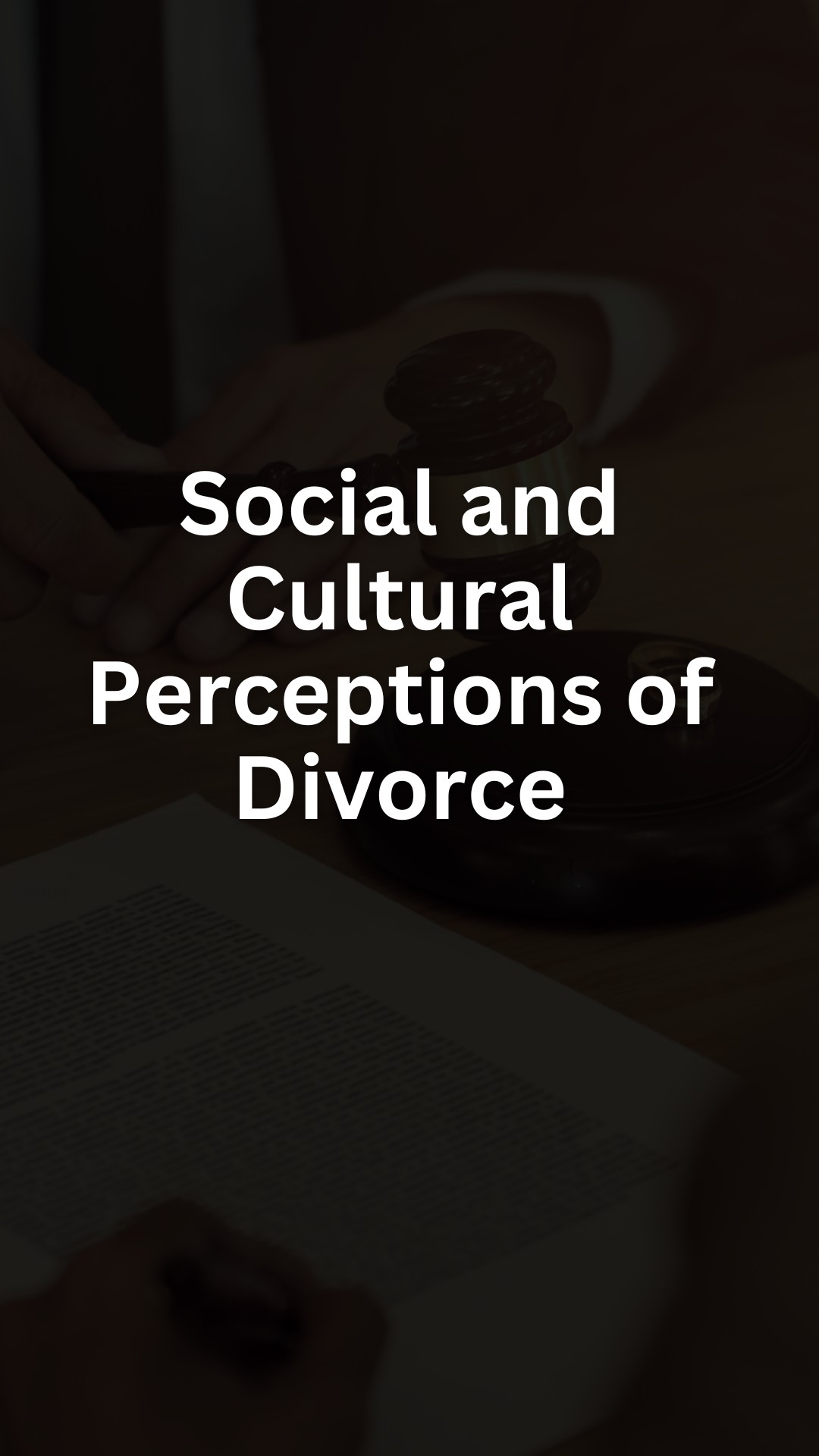
Divorce can be viewed differently across various cultures and societies.
Some see it as a normal part of life, while others may view it negatively.
In Western cultures, divorce is often accepted as part of modern life. People are more likely to support the idea of leaving an unhappy marriage.
Traditional societies may have stricter views on divorce. It can be seen as shameful or taboo. This pressure can make it harder for individuals to seek divorce.
In many religious communities, divorce may be strongly discouraged. Religious beliefs can shape how people feel about ending a marriage.
Media and celebrities can also influence perceptions. High-profile divorces can change how society views divorce.
Cultural Effects on Divorcees
| Culture Type | Perception of Divorce | Impact on Individuals |
|---|---|---|
| Western Cultures | Often Acceptable | Less social stigma |
| Traditional Cultures | Frequently Viewed Negatively | Strong societal pressure |
| Religious Communities | Generally Disapproved | Moral and spiritual conflict |
| Celebrity/Media | Varies Widely | Shapes public opinion |
Perceptions of divorce can change over time. Younger generations may have different views compared to older ones.
Understanding these social and cultural perceptions can help you navigate your experience.
It helps to know how your community and culture may influence feelings of guilt or shame during a divorce.
Communicating Effectively During and After Divorce

Clear communication is key to navigating divorce. Setting boundaries, having honest conversations, and maintaining dialogue with children can all help ease the process.
Setting Boundaries
It’s important to set clear boundaries with your ex-partner.
Decide on topics that are off-limits and agree on how to discuss sensitive issues.
Boundaries help reduce conflicts and respect each other’s space.
Create a plan for discussing topics like finances, childcare, and personal matters.
Keep conversations focused and professional to avoid emotional triggers.
If possible, set a specific time and place for serious discussions to keep things organized.
Transparent Conversation
Honesty is crucial when talking with your ex-partner.
Be clear and direct about your feelings and needs.
This helps to avoid misunderstandings and fosters a better co-parenting relationship.
Use “I” statements to express how you feel without blaming the other person.
For example, say “I feel concerned about our child’s schedule,” instead of “You always change plans.” This approach encourages a more constructive dialogue.
Dialogue with Children
When talking to children about the divorce, clarity and reassurance are key.
Explain the situation in simple terms and let them know it’s not their fault.
Encourage them to ask questions and express their feelings.
Keep the discussion age-appropriate.
Younger children might need basic explanations, while older ones may need more details.
Make sure both parents are on the same page to provide consistent messages.
Regular check-ins with your children can help them adjust.
Let them know they can talk to you anytime, making sure they feel supported throughout the process.
Self-Compassion and Self-Forgiveness Techniques
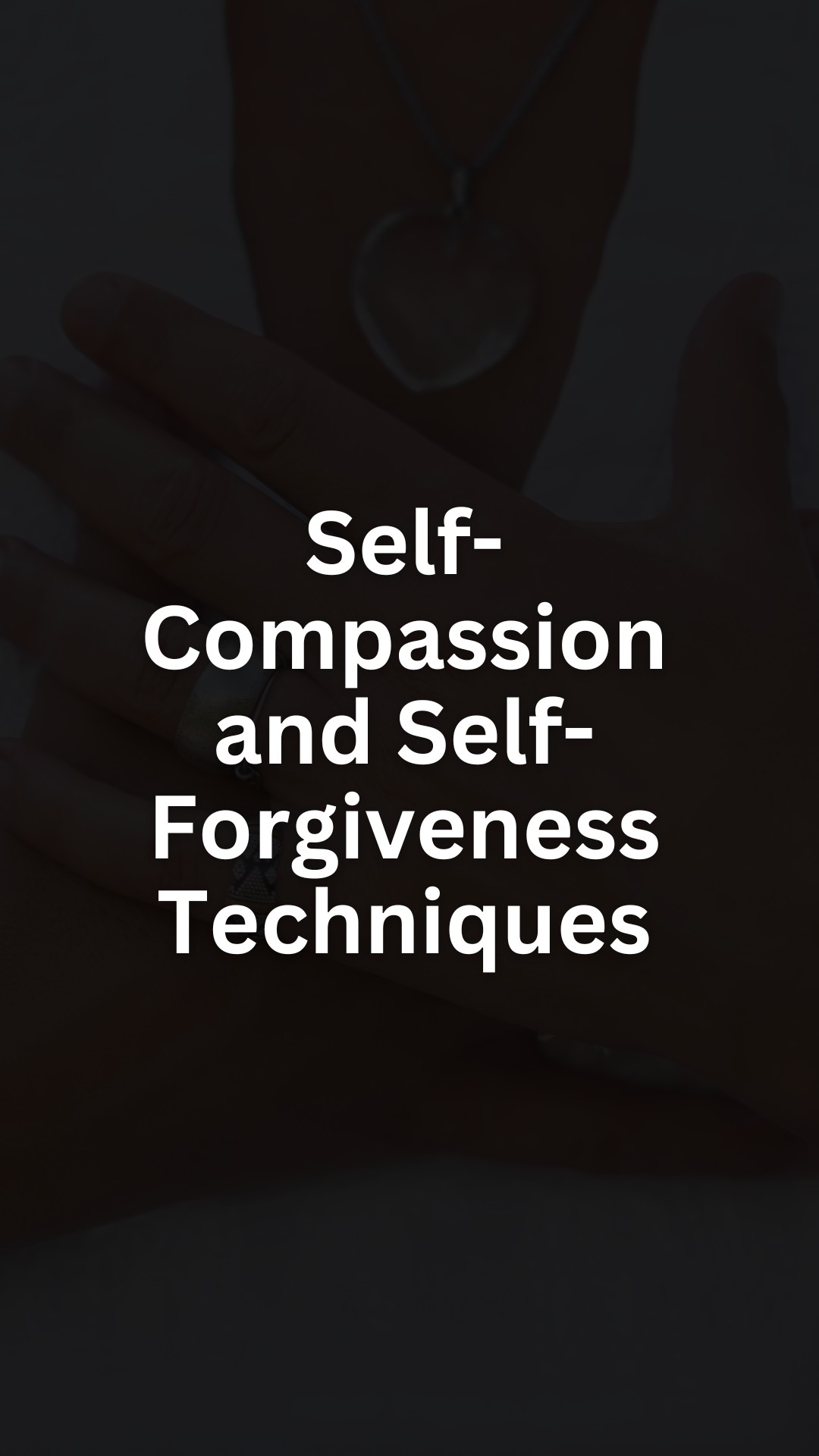
Feelings of guilt and shame are common during a divorce.
Self-compassion can help you manage these emotions.
Practice Self-Compassion
- Be Kind to Yourself: Treat yourself as you would treat a friend. Speak kindly to yourself.
- Accept Your Feelings: It’s okay to feel sad or guilty. Acknowledge these emotions without judging them.
- Mindfulness: Stay present. Notice your feelings, but don’t let them control you.
Techniques for Self-Forgiveness
Self-forgiveness is important for moving forward. Here are some techniques to try:
- Reflect: Think about what happened and why. Understand that everyone makes mistakes.
- Write a Forgiveness Letter: Write a letter to yourself. Express your feelings and forgive yourself.
- Affirmations: Use positive statements to remind yourself that you deserve forgiveness.
Daily Practices
Use these daily steps to nourish self-compassion and self-forgiveness:
| Practice | Description |
|---|---|
| Journaling | Write about your feelings and progress. |
| Meditation | Spend a few minutes meditating each day. |
| Exercise | Physical activity can boost your mood and energy. |
Seek Support
Talk to friends, family, or a therapist.
Sharing your thoughts can lighten your emotional load.
You’re not alone in this process. Supportive connections can make a big difference in how you feel.
Building a Support System
When facing guilt and shame in divorce, it’s important to have the right people around you.
Lean on friends and family, and also consider seeking professional support to help you through the toughest times.
Engaging Friends and Family
Friends and family can be a crucial support system during a divorce. They know you well and can offer a listening ear without judgment.
Reaching out and sharing your feelings can help you feel less isolated.
Ask for help directly. Don’t wait for others to guess what you need.
Be specific: whether it’s talking over coffee or asking for assistance with tasks you find overwhelming.
Creating a schedule with loved ones can provide consistent support.
For instance, plan regular meet-ups or check-ins that ensure you’re not going through this alone.
Professional Support Options
Professional support options like therapists and counselors can offer expert guidance. They can help you work through complex emotions such as guilt and shame.
Therapy provides a safe space to discuss feelings without fear of judgment.
Therapists can offer strategies and tools to cope with and manage your emotions effectively.
Support groups are also beneficial.
Connecting with others who are experiencing similar challenges can affirm that you are not alone.
These groups often foster a community environment where experiences and coping strategies are shared.
Managing Guilt and Shame in Day-to-Day Life

Dealing with guilt and shame during a divorce can be challenging.
You can find balance by using mindfulness, reflection, and specific coping strategies to handle stressful moments.
Mindfulness and Reflection
Practicing mindfulness helps you stay present and reduces overwhelming feelings.
Start by setting aside a few minutes each day to sit quietly and breathe deeply. Notice your thoughts without judging them.
Reflect on your feelings by writing in a journal. This can help you understand your emotions better.
List the events that trigger guilt or shame and think about why they affect you.
Acknowledge your feelings, but try not to let them control your actions.
Coping Strategies for Trigger Moments
Identify situations that often make you feel guilty or ashamed.
Plan how to handle these moments before they occur.
For example, if certain conversations upset you, prepare ways to steer the topic or set boundaries.
Talk to someone you trust when you feel overwhelmed.
Sharing your thoughts can help lighten the emotional load.
Practice self-compassion by treating yourself kindly, just like you would a good friend.
Remind yourself that it’s okay to have these feelings; they don’t define your worth.
Legal and Financial Considerations

Divorce involves many legal and financial decisions that will impact your life. Knowing your rights and planning for your financial future is crucial.
Understanding Your Rights
Understanding your legal rights in a divorce is essential. This includes knowing how property will be divided and what you are entitled to. In many places, assets and liabilities are split fairly, but this can vary.
You should also know about child custody and support laws. These rules decide where your children will live and how both parents will support them financially.
A lawyer can help you understand complex legal terms and protect your interests. They can provide guidance on issues like alimony, asset division, and parental rights.
Planning for Financial Independence
Creating a plan for your financial future is key to moving forward after a divorce.
Start by listing all your assets and debts. This helps you see your financial situation clearly.
Make a budget to manage your spending. Ensure you account for all new living expenses and any court-ordered payments like alimony or child support.
Consider speaking with a financial advisor. They can help you make a plan that includes saving for emergencies, managing debt, and planning for retirement.
Creating a Positive Post-Divorce Identity

Divorce can make you feel lost. It’s important to find who you are again.
First, focus on your interests. What hobbies did you enjoy before marriage? Pick them up again.
New activities can also help you grow.
Self-care is vital. Exercise, eat well, and get enough sleep. Take time for yourself.
Mental health counts, too. Consider talking to a therapist.
Building new relationships is key. Surround yourself with supportive friends and family. Meet new people.
Joining groups or clubs can help.
Set personal goals. They give you direction. Start small. Achieve one goal at a time. This builds confidence.
Journaling can be helpful. Write about your feelings and experiences. It can help you see your progress.
Remember, it’s okay to make mistakes. Learning from them makes you stronger. Focus on your strengths and what makes you unique.
Create a vision board with pictures and words that inspire you. It can motivate you to move forward.
Embrace positive affirmations. Say things like, “I am strong,” or “I can handle this.”
Believe in yourself. Everyone’s journey is different. Take it one day at a time. You can build a new and positive identity after divorce.
Moving Forward with Confidence

Building a confident future after divorce involves setting new goals and embracing the changes that come with this new chapter.
Setting New Goals
Creating new goals helps you to stay focused and motivated. Start by thinking about what you want to achieve in different areas of your life. It could be about your career, hobbies, or personal growth.
Write down your goals and make sure they are clear and specific.
Break your goals into smaller, manageable steps. This makes it easier to track your progress and feel accomplished along the way.
For example, if you want to run a marathon, start with a goal to run a mile without stopping.
Celebrate your successes, no matter how small. Rewarding yourself will keep you motivated and build your confidence.
Embracing Change
Change is a natural part of life, especially after a divorce.
Accepting and adapting to change might be difficult at first, but it opens up new opportunities.
Look at change as a chance to grow and learn new things.
Create a positive routine that includes activities you enjoy. This can help you feel more in control and reduce stress.
Joining new groups or classes can introduce you to new friends and hobbies.
Focus on the present and future rather than dwelling on the past.
Remind yourself that it’s normal to feel nervous about change, and take things one step at a time.
Gradually, you’ll find yourself more comfortable and confident in your new life.
Long-Term Emotional Well-Being
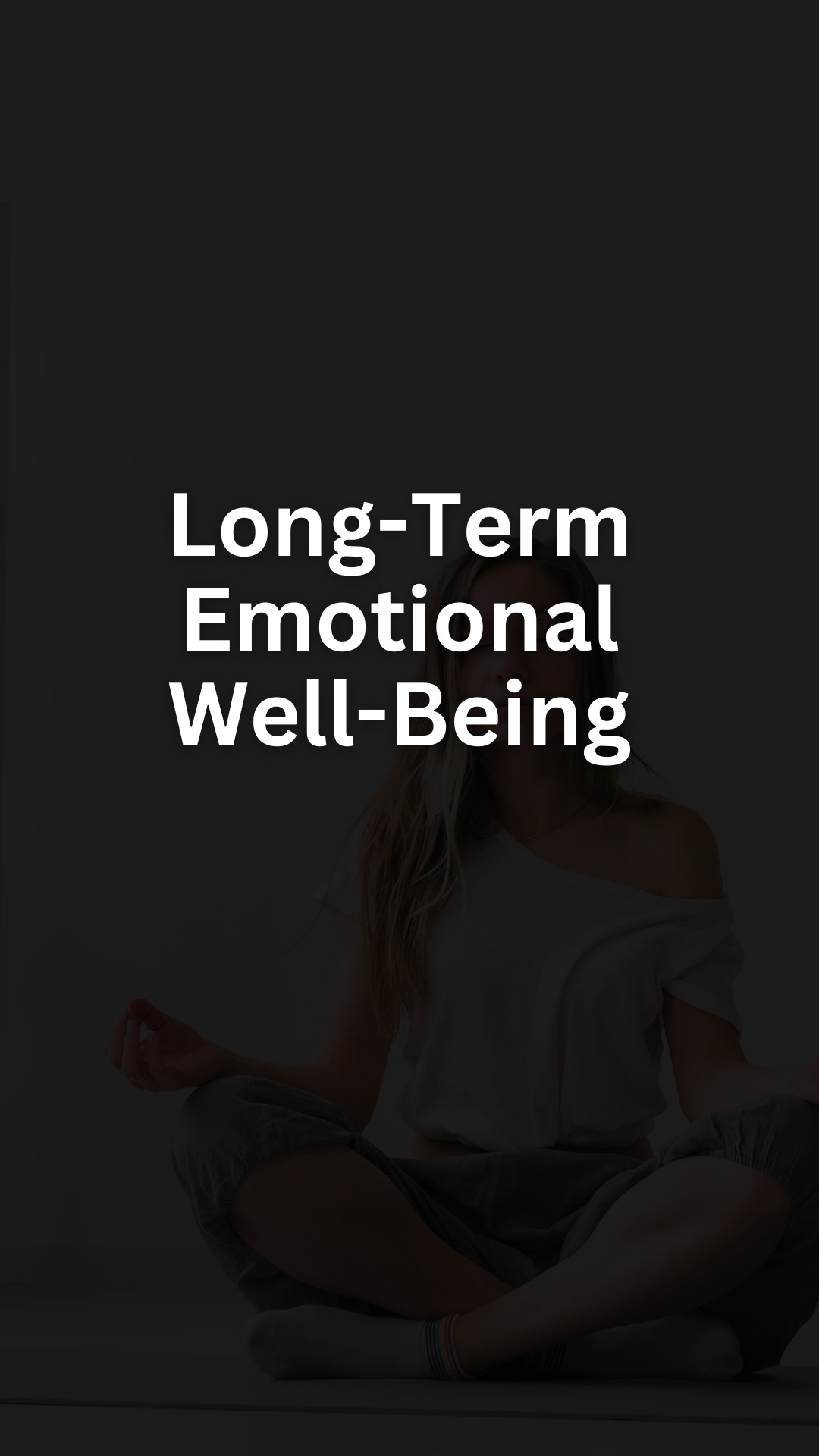
Focusing on continuous personal development and embracing healing and growth can significantly enhance your long-term emotional well-being during and after a divorce.
Continuous Personal Development
Investing in yourself is key. Learn new skills, take up hobbies, or return to activities you enjoyed before the marriage. This keeps your mind active and focused on positive growth.
Create goals that excite you. Setting and achieving small, realistic goals will boost your confidence. Write them down and track your progress.
Social connections matter. Spend time with friends and family who support you. Join groups or clubs to meet new people.
Having a support system helps manage feelings of guilt and shame.
Healing and Growth
Healing takes time. Allow yourself to grieve and process the end of your marriage.
Cry, talk to someone you trust, or write in a journal.
Seek professional help if needed. Therapists or counselors can offer strategies to cope with negative emotions.
They provide a safe space for you to express your feelings and work through them.
Focus on self-compassion. Be kind to yourself.
Understand that it’s okay to make mistakes and that self-forgiveness is a step toward emotional healing.
Engage in activities that make you happy and keep you grounded.
Frequently Asked Questions

Dealing with guilt and shame during a divorce can be tough. Addressing your emotions and finding coping strategies can help you move forward.
How can I cope with the feeling of guilt after deciding to divorce?
It’s important to acknowledge your feelings. Talk to a therapist or a close friend who can offer support.
Writing in a journal can help you process your emotions. Remind yourself that it’s okay to prioritize your well-being.
What are effective strategies for managing guilt related to the impact of divorce on children?
Be honest with your children at an age-appropriate level. Ensure they know that they are loved and that the divorce is not their fault.
Keeping a routine can provide stability. Consider family counseling to help everyone cope.
Is it normal to experience shame during a divorce, and how can it be addressed?
Yes, feeling shame is common. To combat shame, understand it’s a reaction and not a reflection of who you are.
Seeking support from trusted individuals or professionals can make a difference. Focus on self-acceptance and growth.
How long is it expected to feel guilt following a divorce?
The duration varies for each person. It can last for months or even years.
The key is to actively work on coping mechanisms, such as therapy, support groups, and self-care practices, to gradually lessen these feelings over time.
Are there any methods to alleviate the burden of being the initiator of the divorce?
Being the initiator is hard, but remind yourself that taking this step was necessary for your well-being.
Open communication with your ex-partner about your feelings can help. Seeking therapy can also assist in managing your emotions effectively.
What are the most challenging aspects of a divorce and how can one navigate through them?
Emotional turmoil, financial changes, and adjusting to a new life are daunting.
To navigate these challenges, seek emotional support, create a financial plan, and establish a new routine.
Setting small goals can help in adapting to these changes gradually.